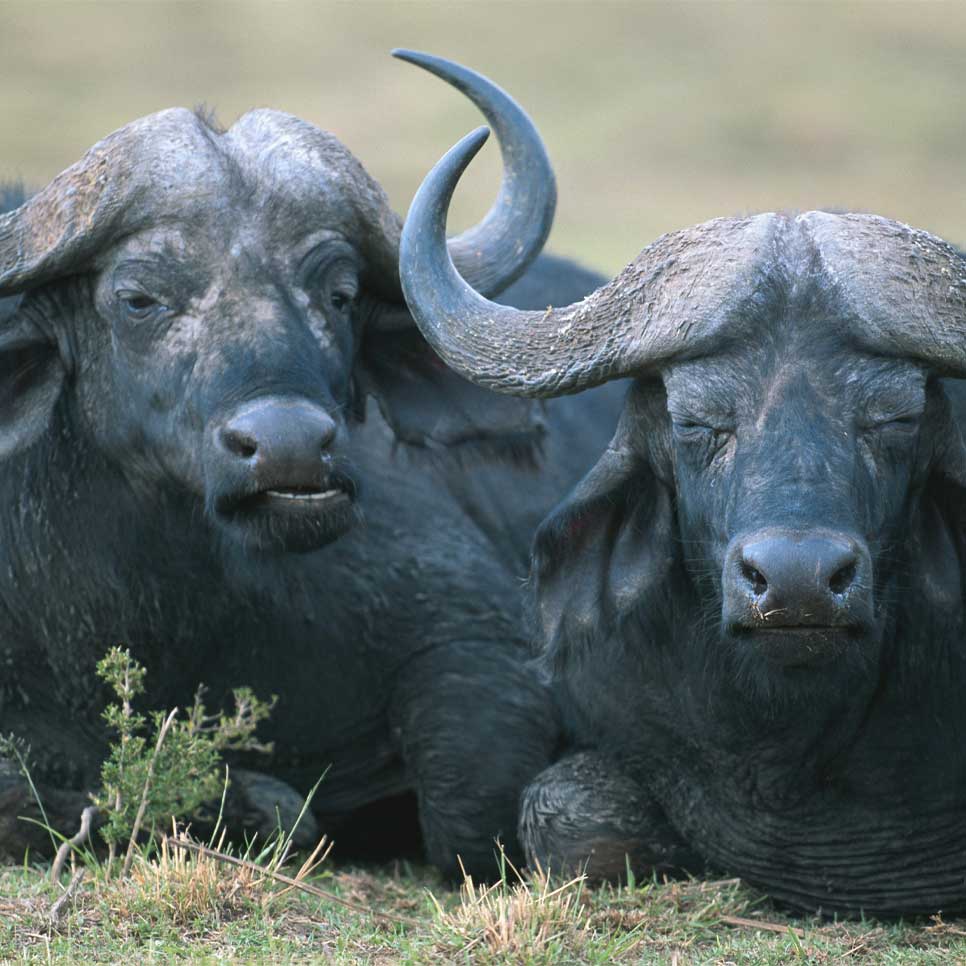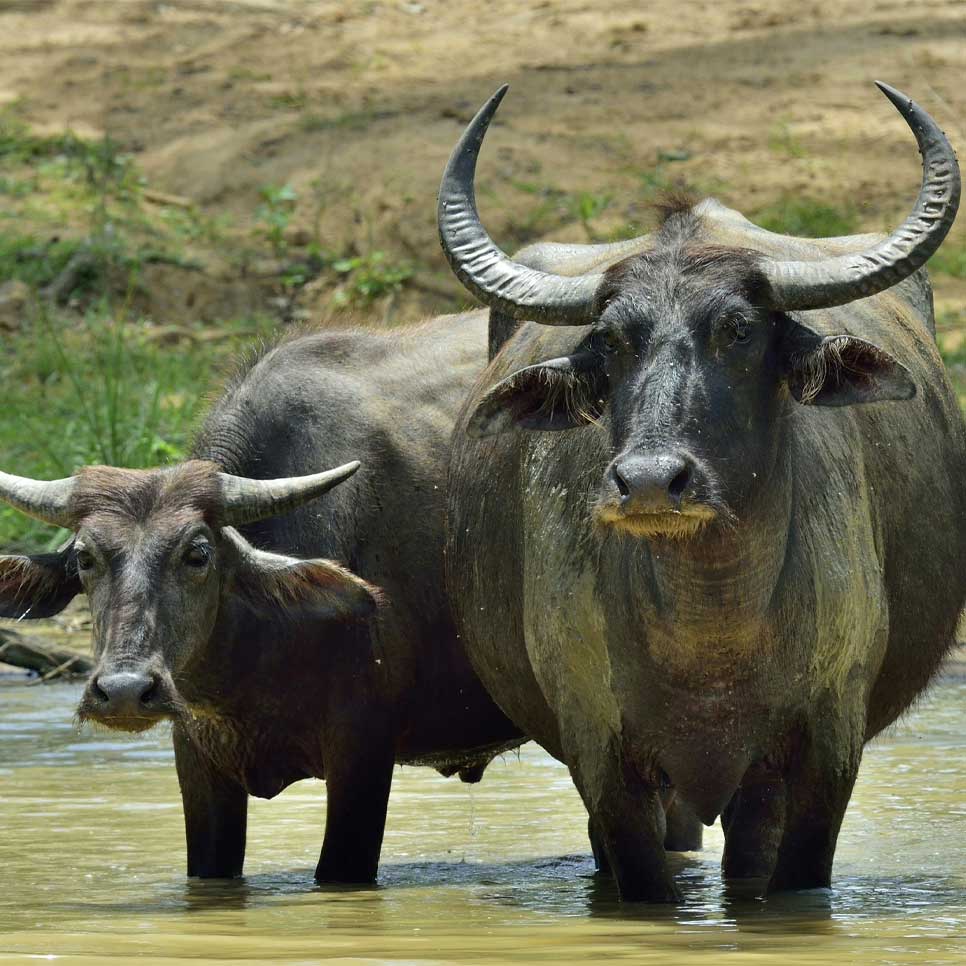Indian buffalo meat, fondly referred to as “carabeef,” stands as a cornerstone of Indian cuisine, celebrated for its exquisite taste, tenderness, and nutritional richness. In this comprehensive guide, we delve deeper into the multifaceted world of Indian buffalo meat, exploring its cultural significance, culinary versatility, nutritional benefits, sustainable production practices, industrial applications, and global impact.

Buffalo meat holds a sacred place in the culinary traditions of India, reflecting the country’s diverse cultural heritage and regional culinary nuances. Across different states and communities, buffalo meat dishes feature prominently in festive celebrations, family gatherings, and everyday meals. From the robust flavors of Bengali bhuna gosht to the aromatic spices of Hyderabadi nihari, each region boasts its own unique take on buffalo meat, infused with local spices, herbs, and cooking techniques. Moreover, buffalo meat is often associated with communal feasting, symbolizing generosity, hospitality, and abundance in Indian culture.
Culinary Versatility
One of the most remarkable aspects of Indian buffalo meat is its unparalleled versatility in the kitchen.. Whether simmered in rich gravies, skewered on kebabs, or slow-cooked in aromatic biryanis, buffalo meat lends itself to a myriad of culinary preparations, each more tantalizing than the last. Its robust flavor and tender texture make it a favorite among chefs and home cooks alike, offering endless possibilities for creative experimentation and culinary exploration. Additionally, buffalo meat blends seamlessly with a wide range of spices, herbs, and ingredients, allowing for the creation of diverse and flavorful dishes that cater to varied palates and preferences.
Nutritional Benefits
Beyond its culinary appeal, Indian buffalo meat boasts an impressive array of nutritional benefits. Rich in high-quality protein, iron, zinc, and B vitamins, buffalo meat provides essential nutrients that support muscle growth, immune function, and overall health. Moreover, buffalo meat is naturally low in fat and cholesterol, making it a heart-healthy option for those mindful of their dietary intake. Whether grilled, roasted, or braised, buffalo meat offers a wholesome and satisfying dining experience that nourishes the body and satisfies the soul.
Health Benefits and Dietary Considerations
Indian buffalo meat offers a plethora of health benefits, making it a preferred choice for individuals seeking nutritious and wholesome dietary options. With its high protein content, buffalo meat aids in muscle development, repair, and maintenance, making it particularly beneficial for athletes, fitness enthusiasts, and individuals following protein-rich diets. Furthermore, the iron and zinc found in buffalo meat play vital roles in supporting immune function, red blood cell production, and cognitive health. For individuals managing conditions such as anemia or iron deficiency, incorporating buffalo meat into their diet can help address nutritional deficiencies and promote overall well-being. Additionally, buffalo meat’s low-fat content and favorable omega-3 to omega-6 fatty acid ratio make it a heart-healthy protein source, contributing to cholesterol management and cardiovascular health.
Culinary Innovation and Modern Trends
As culinary trends evolve and consumer preferences diversify, Indian buffalo meat continues to inspire innovation and experimentation in the kitchen. Chefs and food enthusiasts around the world are reimagining traditional buffalo meat dishes and incorporating them into contemporary culinary creations, infusing them with global flavors and modern techniques. From buffalo meat sliders and fusion tacos to gourmet burgers and artisanal charcuterie boards, the possibilities for incorporating buffalo meat into innovative dishes are endless. Moreover, with the rise of plant-based diets and alternative protein sources, buffalo meat presents a compelling option for individuals seeking sustainable, ethically sourced, and nutrient-dense meat alternatives that align with their dietary preferences and values.
Cultural Preservation and Heritage Conservation
Beyond its culinary and economic significance, Indian buffalo meat plays a pivotal role in preserving cultural traditions and heritage practices associated with livestock farming and culinary arts. Many indigenous communities and rural populations across India have longstanding ties to buffalo rearing and husbandry, passing down traditional knowledge, rituals, and breeding techniques from generation to generation. By supporting sustainable buffalo farming practices and promoting the consumption of buffalo meat, efforts can be made to safeguard these cultural legacies, empower local communities, and preserve the cultural diversity and heritage of India’s rural landscapes.
Future Prospects and Market Dynamics
Looking ahead, the future of Indian buffalo meat holds promising prospects amidst evolving consumer preferences, technological advancements, and global market dynamics. With rising demand for high-quality protein sources, particularly in emerging economies and urban centers, Indian buffalo meat stands poised to capitalize on new market opportunities and expand its reach to untapped segments. Moreover, advancements in food processing, packaging, and distribution technologies are enhancing the shelf life, safety, and convenience of buffalo meat products, opening doors to new export markets and distribution channels. As the global food landscape continues to evolve, Indian buffalo meat remains a resilient and dynamic player, ready to meet the demands of discerning consumers and contribute to the sustainable growth of the meat industry.
Sustainable Production Practices
India’s buffalo farming industry adheres to rigorous standards and practices aimed at promoting sustainability, animal welfare, and environmental conservation. Unlike intensive livestock farming methods prevalent in some parts of the world, Indian buffalo farming emphasizes traditional and eco-friendly practices, such as rotational grazing, organic feed supplementation, and natural breeding techniques. By prioritizing the well-being of the animals and the health of the land, Indian farmers ensure the long-term viability of buffalo farming while preserving the ecological balance of rural landscapes.
Environmental Impact and Sustainability
In addition to its nutritional and cultural significance, Indian buffalo meat production plays a crucial role in promoting environmental sustainability and mitigating the impacts of climate change. Unlike intensive livestock farming practices that contribute to deforestation, habitat loss, and greenhouse gas emissions, traditional buffalo farming methods in India are often integrated with agroforestry systems, promoting biodiversity and soil health. Buffalo grazing also helps maintain grassland ecosystems, preventing soil erosion and desertification while sequestering carbon in the soil. Furthermore, buffalo manure serves as a valuable organic fertilizer, reducing the need for synthetic chemicals and promoting soil fertility. By embracing sustainable buffalo farming practices, India demonstrates its commitment to environmental stewardship and the preservation of natural resources for future generations.
Industrial Applications
In addition to its culinary uses, Indian buffalo meat finds wide-ranging applications in various industries, contributing to economic growth and employment generation. The high protein content and flavor profile of buffalo meat make it a sought-after ingredient in the processed food industry, where it is used in the production of sausages, burgers, canned meats, and ready-to-eat meals. Furthermore, buffalo hides and skins are valuable by-products that find use in the leather industry, supporting the manufacturing of footwear, accessories, and upholstery. This multi-dimensional utility underscores the economic importance and versatility of Indian buffalo meat as a valuable agricultural commodity.
Global Impact
Indian buffalo meat has established a strong presence on the global stage, with exports spanning continents and catering to diverse consumer preferences. Renowned for its superior quality, safety standards, and culinary excellence, Indian buffalo meat has carved a niche for itself in international markets, from upscale restaurants and gourmet stores to bustling street markets and food festivals. Its popularity continues to soar as consumers around the world recognize and appreciate the distinct taste, texture, and nutritional value of Indian buffalo meat, further bolstering India’s position as a leading producer and exporter in the global meat trade.

Conclusion
In conclusion, Indian buffalo meat emerges as a true gastronomic treasure, embodying the rich cultural heritage, culinary ingenuity, and sustainable farming practices of India. From its cultural significance and culinary versatility to its nutritional benefits, industrial applications, and global reach, buffalo meat encapsulates the essence of Indian cuisine and agricultural excellence. As the world embraces diverse culinary experiences and seeks sustainable food choices, Indian buffalo meat stands poised to captivate palates, foster culinary creativity, and forge connections across borders, reaffirming its status as a timeless culinary delight cherished by food enthusiasts worldwide.


